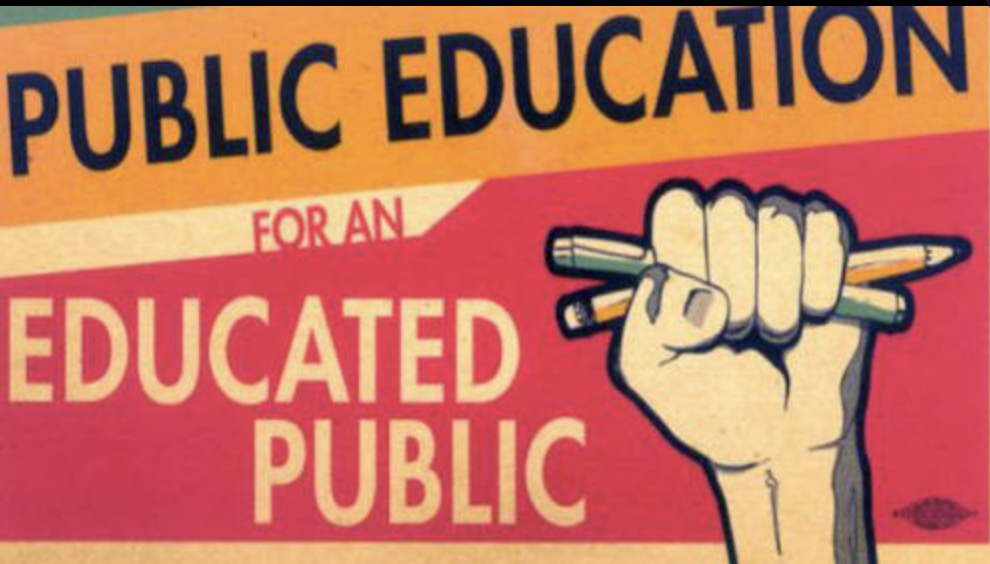For pretty much the last 100 years, public education was free up to a point.
At the beginning of the 20th century, most men were fortunate to complete an eighth grade education. In fact, in the middle of the century, when I was in school, students were allowed to drop out after finishing the eighth grade.
My maternal grandfather was the second youngest child in a large family. His parents had emigrated from Germany and he was born in Ohio in 1895. His formal education ended after the eighth grade, and much of his work was as a blue-collar laborer. He did, however, wear another kind of blue collar and was a police officer and a police chief for about 20 years.

By the postwar years, quitting after the eighth grade was no longer cool. People could get good jobs with a high school education, and of course that education was still free.
They weren’t get-rich type jobs, but in the 1960s, a man with a high school diploma could have a job enabling him to marry, have a family, buy a house, own a car and take annual vacations.
And high school was free.

That was the way America worked then. A person could get enough of an education — or free — to have a good and productive career. Even in professions like the law, people could learn through apprenticeships and then take the bar exam.
It was fair. Wealthy people still had the advantage of being able to afford the Harvards and Yales, but other people who were smart enough and hard-working enough could still achieve a reasonable level of success.
State colleges were reasonably priced enough that even folks without much money could work their way through. They might have to work twice as hard, but they could finish college with a four-year degree and without serious debt.
In California, home of one of the finest state university systems in the country, tuition for those who qualified was free. That changed in the late ’60s when Ronald Reagan used his power as governor to institute tuition to punish those ungrateful kids.
Of course it was right around then that college enrollment was soaring, a combination of the baby boom and of young men trying to escape being drafted into the Vietnam War.
And when demand increases and supply remains the same, what happens?
Prices increase … and increase … and increase.
And before you know it, there’s a generation finishing college with tens of thousands of dollars of debts that limits the options of graduates.
It used to be that hard work and perseverance meant success in this country.
Now if you don’t start rich, it’s far more difficult.
That’s why loan forgiveness can at least help level the playing field.

